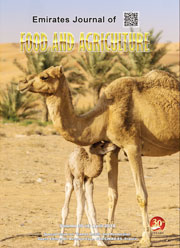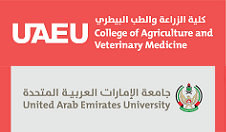SODIUM SELENITE TREATMENT OF VEGETABLE SEEDS AND SEEDLINGS AND THE EFFECT ON ANTIOXIDANT STATUS
DOI:
https://doi.org/10.9755/ejfa.2016-03-270Keywords:
Antioxidants, lettuce, melon, selenium, tomato, vitamin CAbstract
Selenium is an element applied to plants to improve the response to stress and increase their content in the edible parts. The aim of this study was to perform selenium applications in seeds and seedlings of tomato, lettuce and melon to verify the effect on growth, antioxidant status, and vitamin C content at photosynthetic tissues of seedlings. The experiment consisted of two phases: in the first phase selenium was applied at 0, 0.1 and 1 mg L-1 concentrations as pretreatment immersion of seeds with the subsequent determination of fresh and dry weight, leaf area, oxidation-reduction potential (ORP) and concentration of vitamin C in seedlings leaves. In the second phase selenium was applied to the seedlings at 0 and 2 mg L-1 concentrations in the nutrient solution and at 0 and 5 mg L-1 concentrations as a foliar spray at 15 and 30 days after seeding, and the same response variables mentioned for the first phase were measured. Both types of selenium applications were shown to be effective to change the antioxidant status and the vitamin C content of the three vegetables positively. Selenium applied to the seeds changes positively the antioxidant status and the concentration of vitamin C in the three crops, and just modified the growth of melon in a significant way. The application of selenium by irrigation and leaf spraying improved in significant way the antioxidant status and the vitamin C concentration in the three species, and showed only minor changes in biomass and leaf area variables.










 .
.